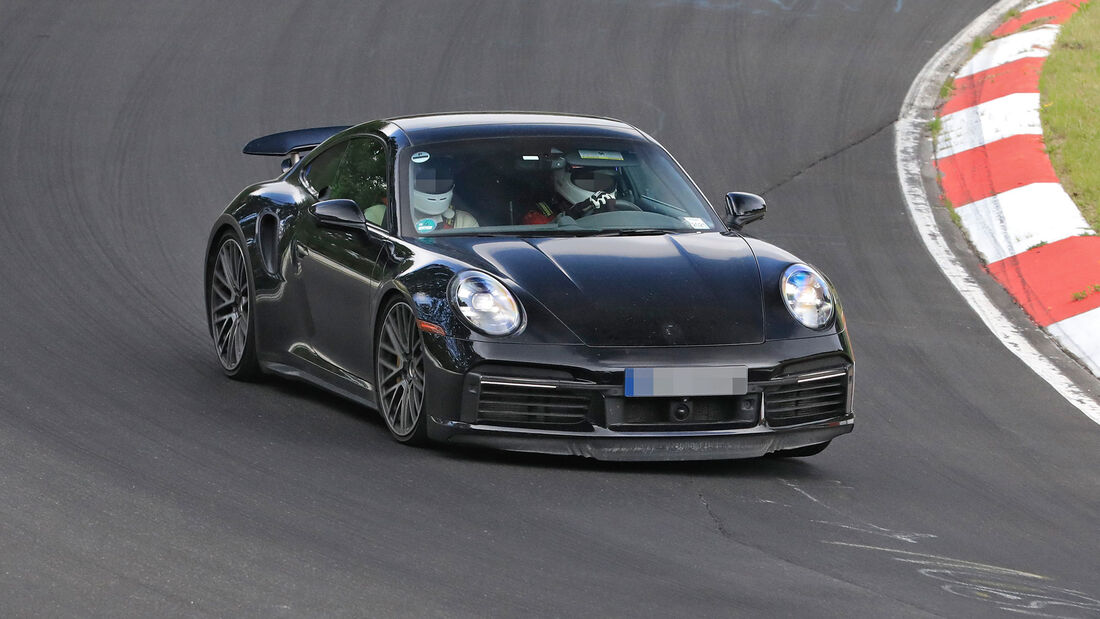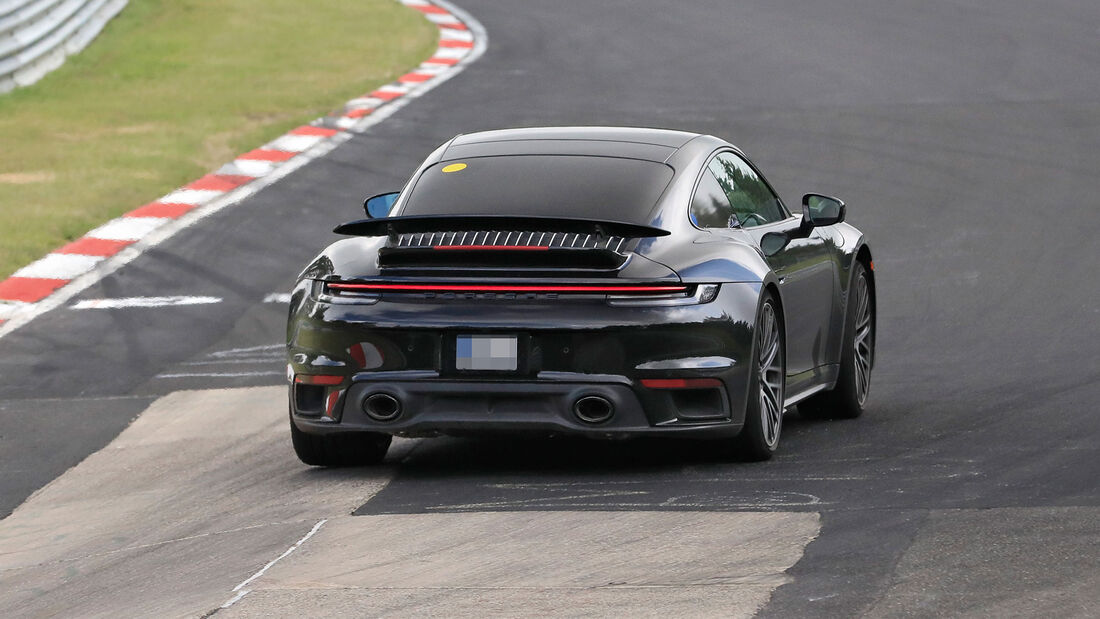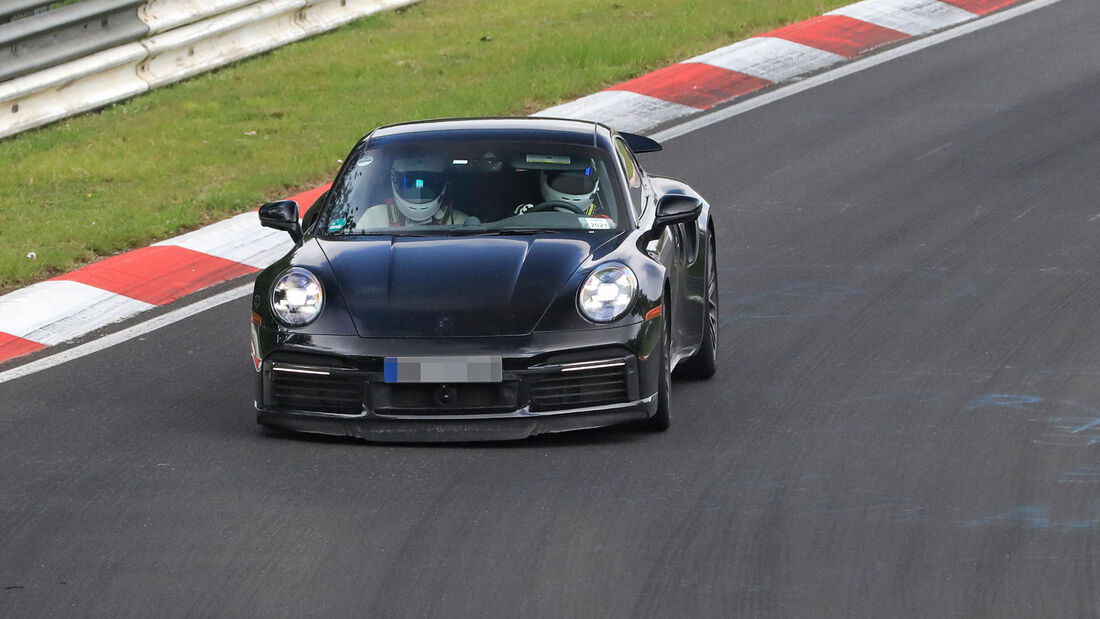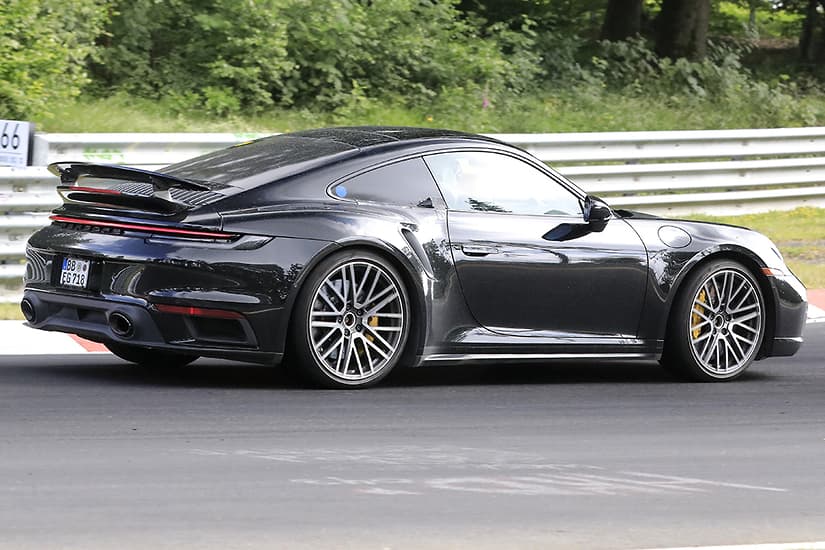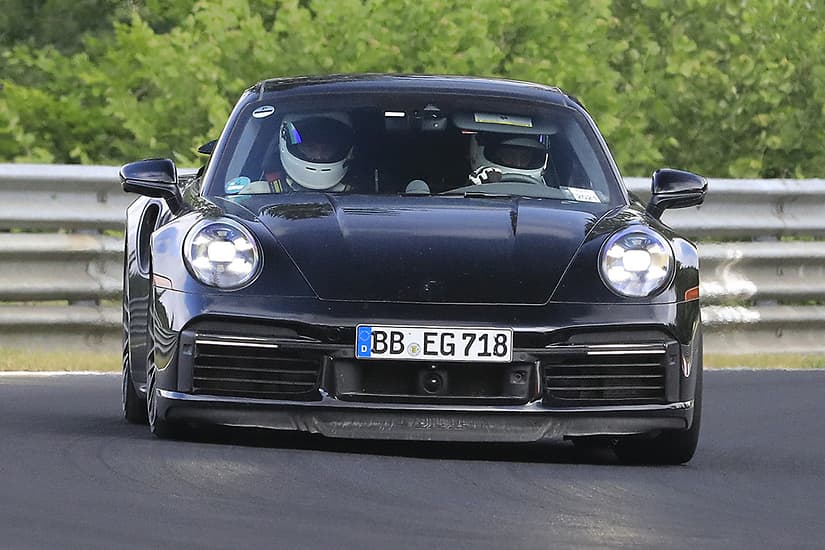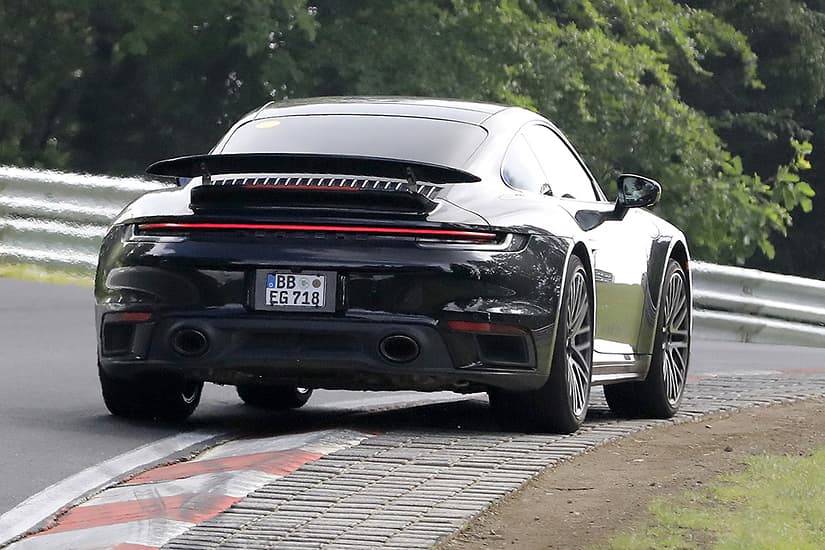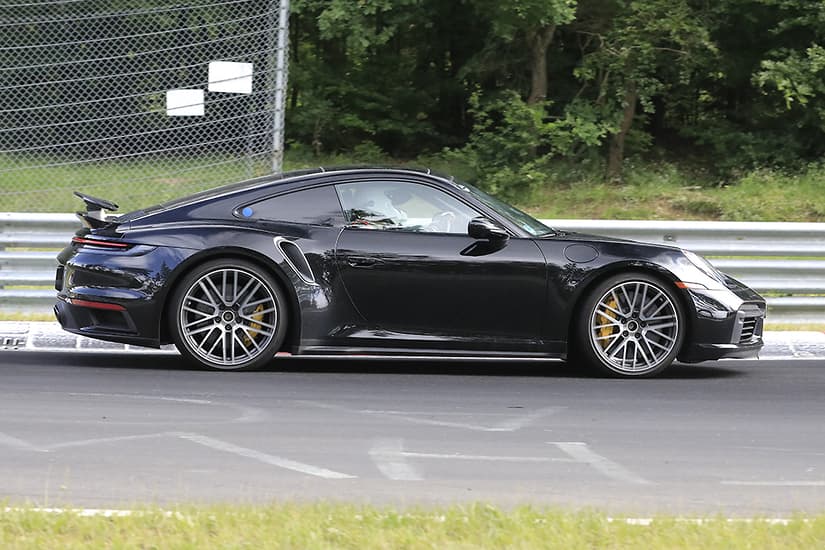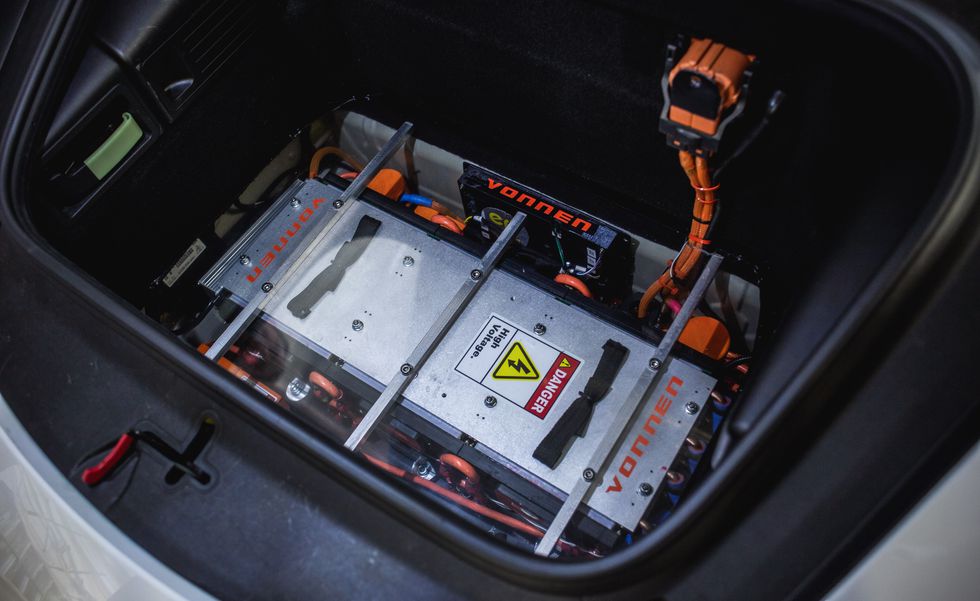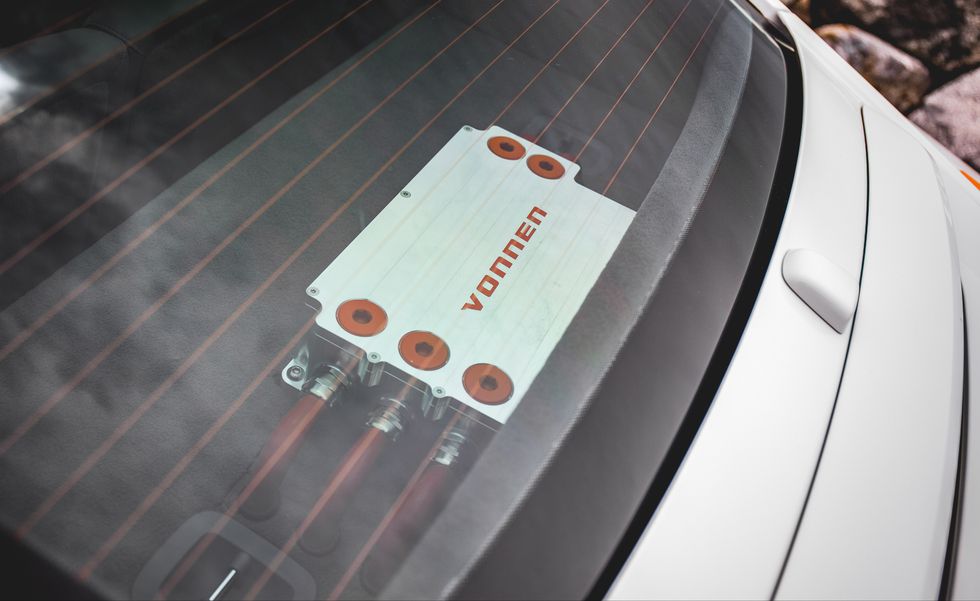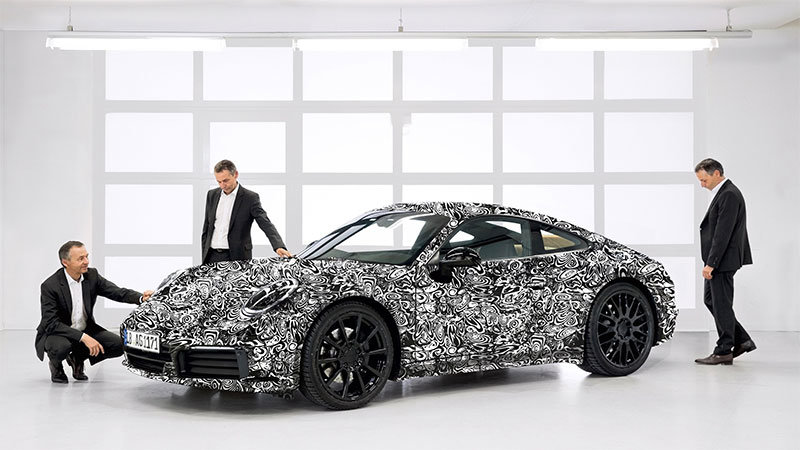Porsche 911 Hybrid: It’s Real and It’s Happening. Right Now.
Amidst all the fanfare surrounding EVs—much of it starting from within Porsche’s own camp—the thought of the company’s flagship 911 model being subjected to some form of electrification has often been overlooked. This sentiment is overwhelmingly a reflection of enthusiasts and consumers who, deep down inside, are resigned to the fact that this is inevitable if the 911 lineage is to continue in the years and decades to follow. Porsche themselves though—reluctantly, or not—have already been hard at work embracing this notion, and are now showing tangible evidence of what the path forward will look like.
In my personal experience, I believe that Porsche’s fully-electric platform—exclusively represented by the Taycan range for now—provides very promising prospects and a solid template for a future with ICE-less 911 models. But that’s something we won’t have to think about much, at least for now, as hybridization, rather than full-on electrification, will be Porsche’s immediate solution to address the changing automotive landscape; and it’s more than likely that we’ll see this come to fruition during the current 992-generation.
To quell any doubts of this being the case, the proof is in the pudding, as they used to say. The video below (credit: CarSpyMedia) shows what conspicuously appears to be a 911 Hybrid being tested at the Nürburgring Nordschleife earlier this month.
[embedded content] [embedded content]As the video footage reveals, these are still the very early days of prototyping; the car appears to struggle from handling issues likely born from all the extra weight the car is carrying with the new hybrid system installed. We can all remain confident that Porsche will take the necessary steps to balance the car and engineer a happy medium between the chassis and its xeno-drivetrain—after all, they’ve already proven they can do as much via the 5,000 lbs+ Taycan platform.
Few details about the car are known, but we do know that Porsche’s ‘E-Hybrid’ nomenclature—currently used in the Panamera and Cayenne lineups—will be adopted for the 911 range. The first 911 trim likely to be ‘E-Hybridized’ will be the Turbo S model, and it will likely sit at the very top of the range in terms of price and overall performance. The current word is that Porsche 911 Turbo S E-Hybrid will feature a 400-volt system, which will compliment the existing 3.7L twin-turbocharged flat-6 petrol engine.
Some outlets are suggesting that it won’t be a plug-in hybrid model, though I’d be surprised if this was the case; the fully-electric Taycan uses 800-volt architecture, while conventional ‘mild’ hybrid systems (which aren’t plug-ins) are well under 100-volts. But then again, EV technology is improving at a rapid pace. As a hybrid, we can expect the new 911 to be mechanically the same, or similar, everywhere else. That should mean no changes in the transmission department, with a 7-speed or 8-speed dual clutch transmission sending power to all four wheels. The suspension and chassis are sure to be tweaked and tinkered with to ensure that the essence of the 911’s driving dynamics remain intact, if not enhanced, by the hybrid drivetrain—it should turn out to be the very same 911 that we’ve all come to love, only with some slightly different hardware.
Just how soon will the Porsche 911 Turbo S E-Hybrid be a real thing? We’re told that it’ll likely arrive as a 2023 or 2024 model, meaning it could debut as early as the tail-end of next year —yes, it’s coming that fast and just in time to usher in the ‘992.2’ era. Porsche has yet to officially confirm that such a car even exists, but as has been proven before—most recently with the new GT4 RS—actions certainly speak louder than words, or lack thereof. In fact, the 911 isn’t even the first Porsche model to feature in recent conversations with regards to hybridization or electrification; Porsche has already announced that it plans to introduce an EV to the 718 range no later than 2025.
My Thoughts:
While the development of eFuels is a positive step in extending the life of the 911 without having to consider full-on electrification, hybridization is a rather obvious next-step in the timeline of Stuttgart’s most iconic and long-standing model. The big-wigs at Porsche are already suggesting that this latest version of eFuels may even allow internal combustion cars to achieve a smaller overall carbon footprint than an electric car, particularly when taking into consideration, the byproducts created from battery manufacturing. “This technology is particularly important because the combustion engine will continue to dominate the automotive world for many years to come,” said Porsche R&D Executive, Michael Steiner. “If you want to operate the existing fleet in a sustainable manner, eFuels are a fundamental component.”
“Porsche is committed to three powertrains: purely electric, plug-in-hybrids, and highly efficient gasoline engines. From Porsche’s point of view, eFuels open up an opportunity for our plug-in hybrid models as well as our icon, the 911—either with a combustion engine or as a very sporty hybrid. This means that we could continue to drive the 911 for many years to come, which will certainly make our customers and fans happy.”
Either way, the existence of the combustion engine—either as a standalone unit, or complimented by electric motors—is realistically viable for “many years to come”, to quote Michael Steiner. For fans of the 911 this can only be good news; even if you’re not a fan of hybrids, today’s hypercars have certainly showcased how impressive the technology is from just a performance standpoint, and if the prospect of that (that being, a 1,000 hp+ Porsche 911 from the factory) doesn’t excite any car enthusiast, I don’t know what will.

